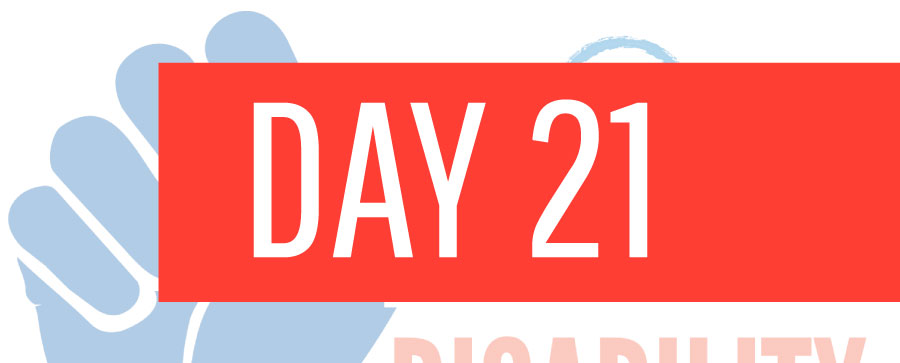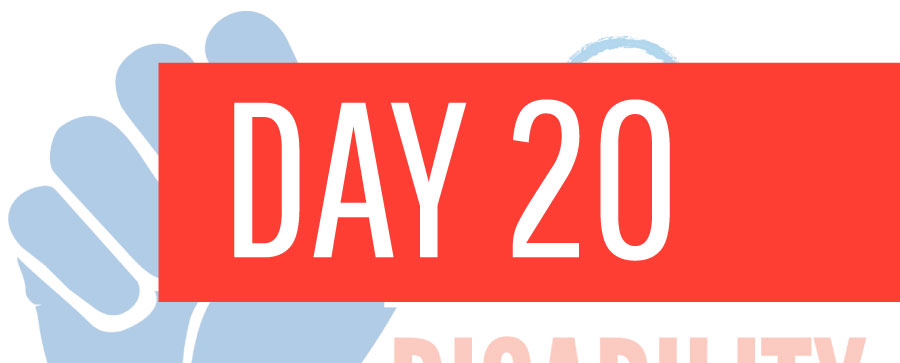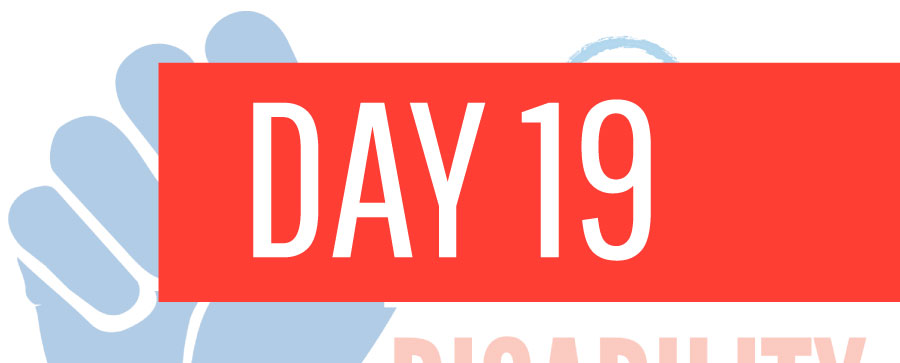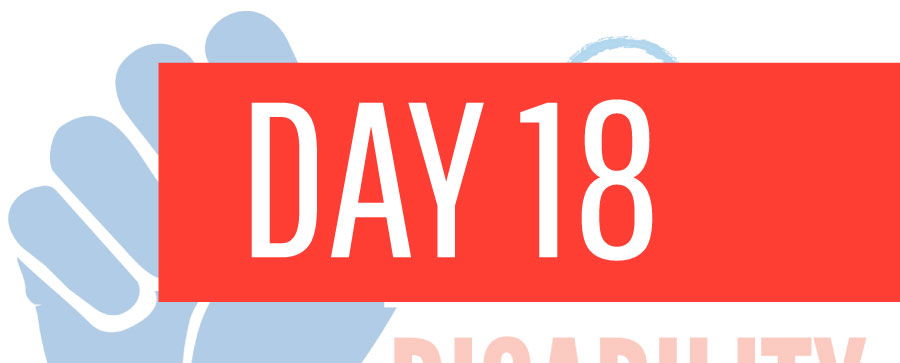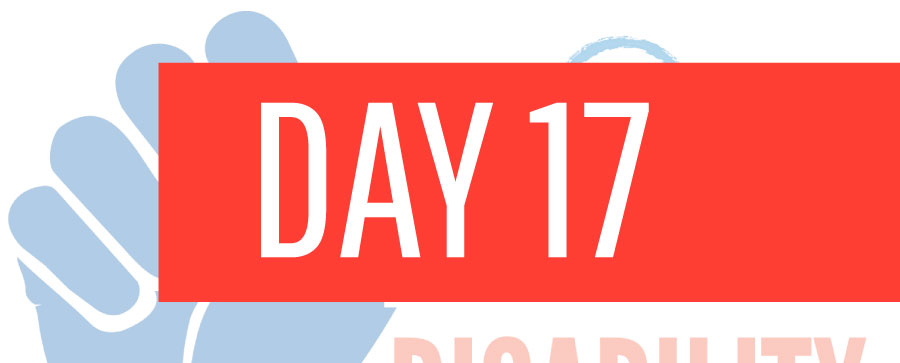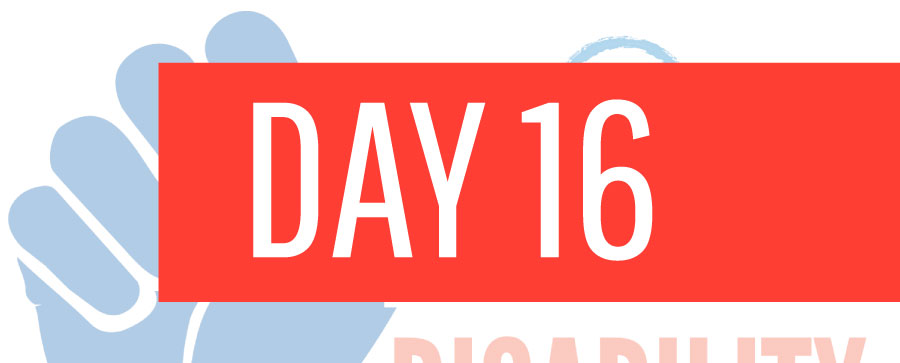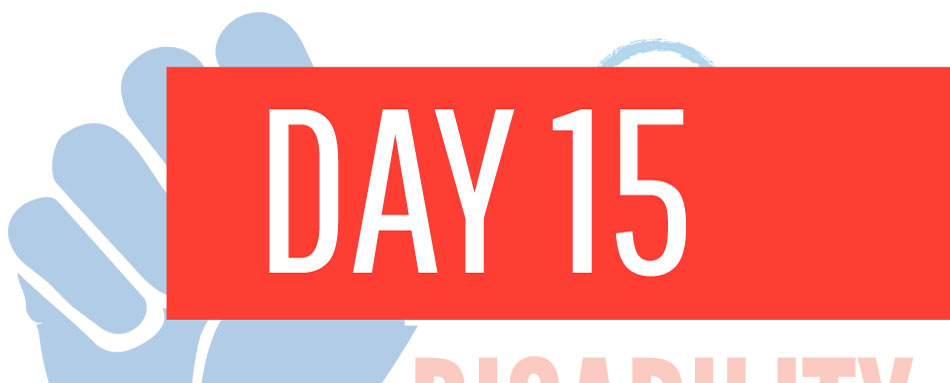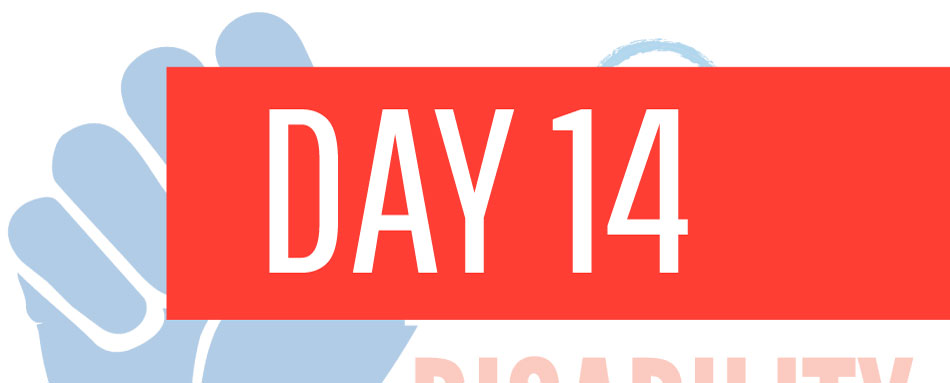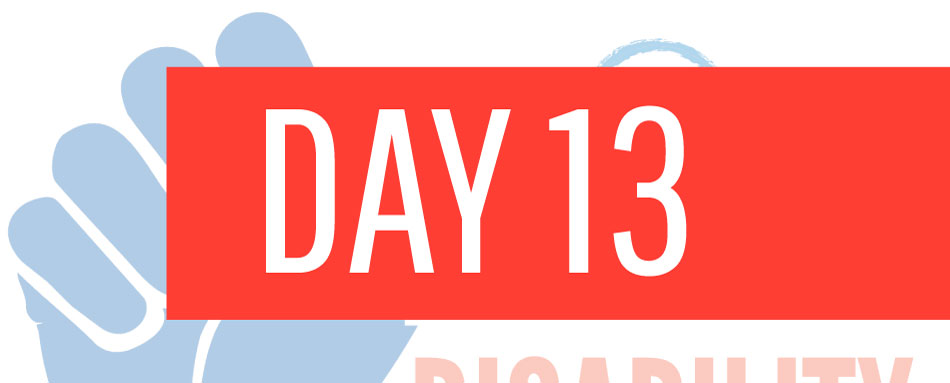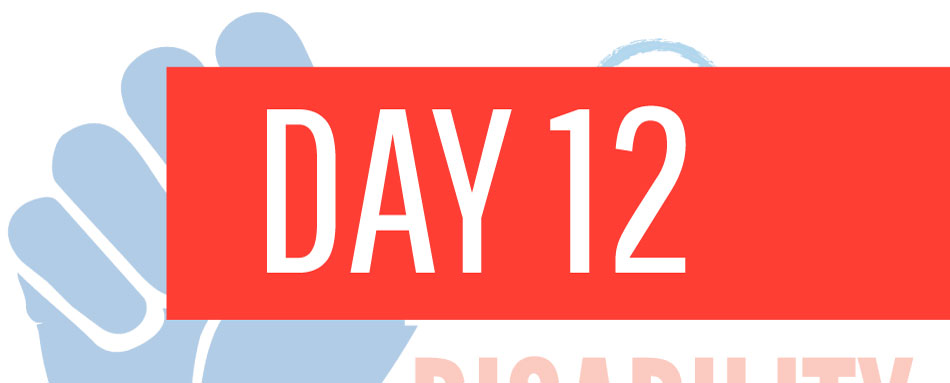Posts by unitedwaybck
Day 21: Resources
Thank you for participating in the 21-Day Disability Justice Challenge. We hope that the information presented over the past month has helped you to see disability through a lens of equity and pride. We know that this has been a lot of information, and perhaps much of it has introduced a new way of thinking…
Read MoreDay 20: Allyship
In every social justice movement, there are three groups of people: Those who are impacted by the injustice, those who perpetuate the injustice, and allies. An ally is a member of a dominant group, not impacted by the injustice, who believes that eliminating oppression benefits everyone. An ally uses their privilege and spheres of influence…
Read MoreDay 19: Disability Pride
Disability Pride is a philosophy that raises awareness that people with disabilities are/can be proud of their disability identity. Disability Pride focuses on the social model of disability; celebrating disability as a natural part of life rather than something negative or remorseful as society commonly depicts it. July is designated as Disability Pride Month…
Read MoreDay 18: Healthcare Inequality
People with disabilities face disadvantages to accessing the healthcare system compared with people without disabilities due to social and environmental inequalities such as lower educational levels, lower incomes, and higher unemployment. An inability to navigate the medical labyrinth of services, whether physically or programmatically, creates significant barriers. This may result from any number of situations,…
Read MoreDay 17: Housing Inequality
Housing insecurity is an issue that disproportionately impacts people from various marginalized groups, of which disability is one. One cannot discuss homelessness and housing insecurity without bringing disability into the conversation. It is estimated that 25% of people who are homeless are people with disabilities. Although there are laws in place to protect the rights…
Read MoreDay 16: Law Enforcement & the Justice System
In the 1970s, the Independent Living Movement worked to get people with disabilities out of institutions and living in their communities. In the 1990s, a criminal reform law was passed that ultimately forced many people with disabilities back into institutions, this time jails and prisons, through the criminal justice system. Despite being no more likely…
Read MoreDay 15: Education Inequality
People with disabilities deal with varying levels of stigma, marginalization, and low expectations in all parts of their life; education is no different. Nationally, only 65 percent of students with disabilities graduate from high school compared to 86 percent of students without disabilities. Only seven percent of students with disabilities graduate from college. There are…
Read MoreDay 14: Alternatives to Guardianship
Guardianship is the legal process by which an individual assumes the role of decision-maker for an adult with a disability. Guardianship is a powerful tool that significantly restricts the person’s rights; for that reason, alternatives should be explored and implemented before jumping into guardianship. Families who have a child with an intellectual or developmental disability…
Read MoreDay 13: Marriage Inequality
Many people may think that marriage inequality no longer exists in the United States since the Supreme Court ruled bans on same-sex marriage unconstitutional in 2015; however, another form of marriage inequality remains in this country. People with disabilities often depend on federal benefits, such as Social Security income, Medicare, or Medicaid, to survive. These…
Read MoreDay 12: Parenting with a Disability
The journey of parenthood is one that is often described as one of the most beautiful and rewarding experiences people will ever have. Unfortunately, this is not always the experience of parents with disabilities, and usually, their disability isn’t the cause of the difficulty. There are millions of parents with disabilities living in America and,…
Read More
